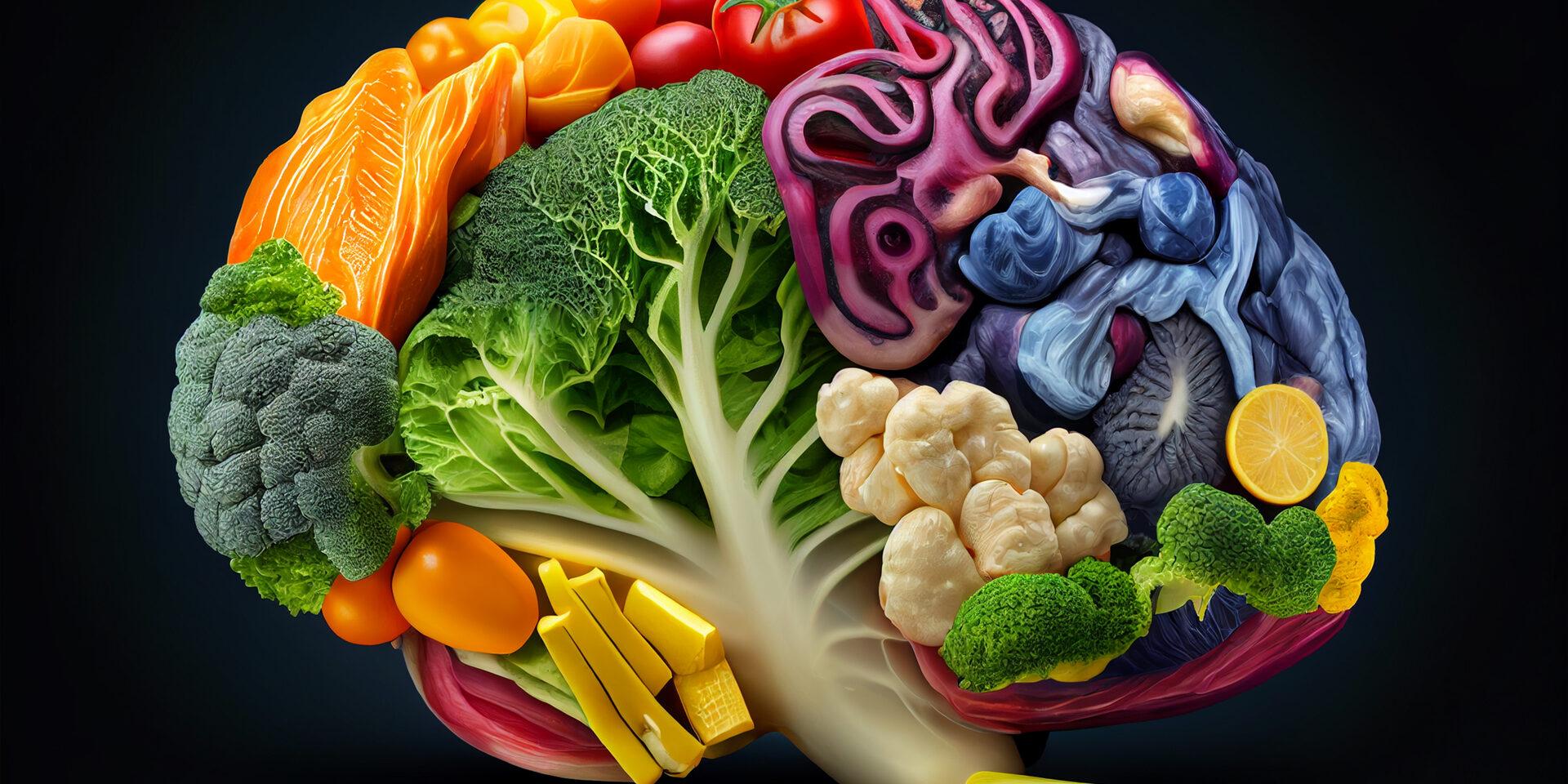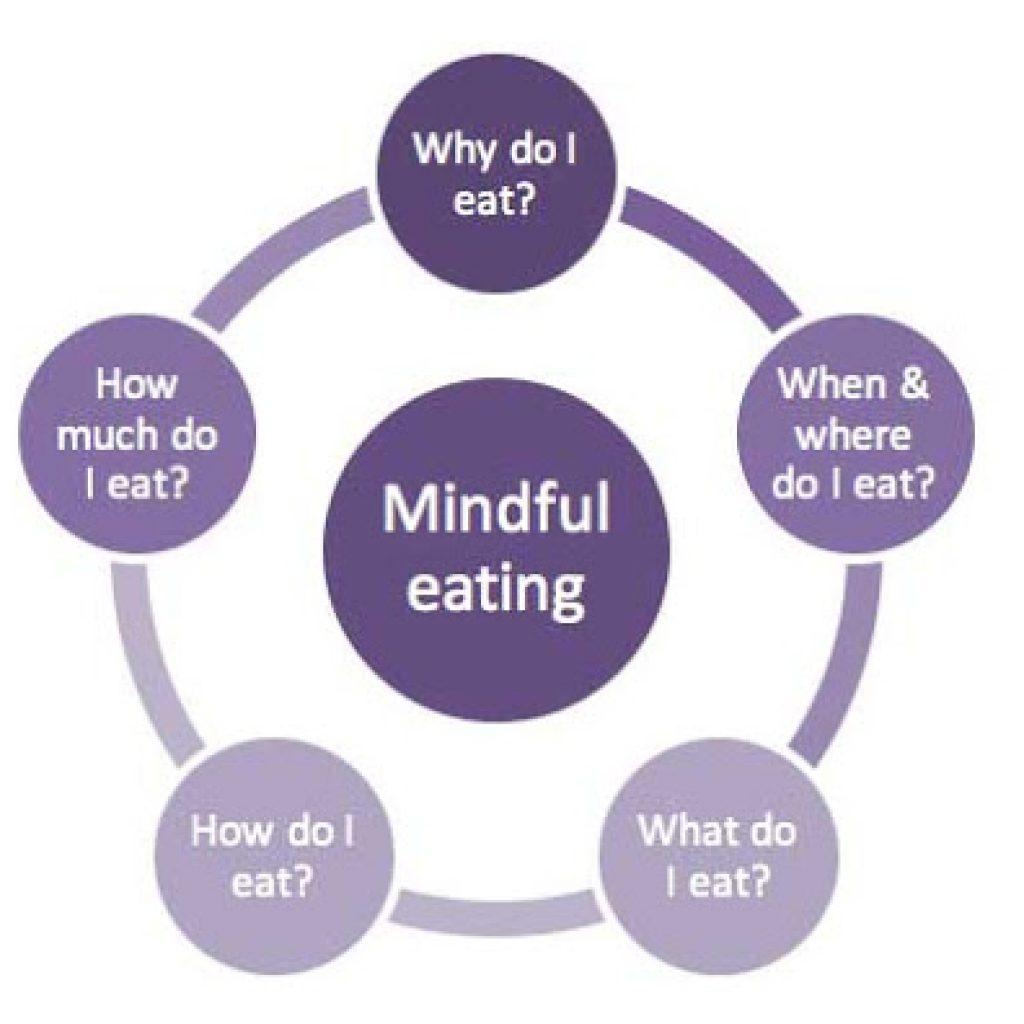In the intricate tapestry of human health, mental well-being often threads its way through the choices we make at the dining table. While we are well-acquainted with the notion that “we are what we eat,” the profound connection between our daily diet and mental health remains an evolving narrative, rich with discovery and potential. In an era where stress and anxiety often find their way into the everyday, crafting a balanced diet emerges not just as a means to nourish the body, but as a powerful tool to nurture the mind. This article delves into the symbiotic relationship between nutrition and mental health, exploring how thoughtful dietary choices can serve as a foundation for emotional resilience and cognitive vitality. Join us as we embark on a journey to uncover the building blocks of a balanced diet that supports not only the body, but the mind’s intricate dance of thoughts, emotions, and well-being.
Understanding the Mind-Body Connection Through Nutrition
The intricate link between what we eat and how we feel is an area of growing interest in the realm of mental health. Our daily food choices can significantly influence our mood, energy levels, and overall mental well-being. A diet rich in whole foods provides the nutrients our brains need to function optimally. Key components to focus on include:
- Omega-3 Fatty Acids: Found in fish, flaxseeds, and walnuts, these healthy fats are crucial for brain health and can help reduce symptoms of depression and anxiety.
- B Vitamins: Essential for energy production and brain function, foods like leafy greens, legumes, and whole grains are excellent sources.
- Antioxidants: Protect your brain from oxidative stress by incorporating berries, nuts, and dark chocolate into your diet.
- Probiotics: A healthy gut microbiome, supported by yogurt, kefir, and fermented foods, can positively affect mood and mental clarity.
By consciously selecting foods that support both physical and mental health, we pave the way for a more balanced and fulfilling life. While no single food can cure mental health issues, a diet focused on whole, nutrient-dense foods can serve as a powerful tool in maintaining emotional equilibrium.

Nourishing the Brain with Essential Nutrients
In our quest to maintain mental well-being, the significance of a balanced diet cannot be overstated. The brain, a complex organ that orchestrates our thoughts, emotions, and actions, thrives on a diverse array of nutrients. Omega-3 fatty acids, found abundantly in fatty fish like salmon and sardines, are crucial for maintaining brain cell structure and function. Similarly, B-vitamins play a pivotal role in producing neurotransmitters that regulate mood and cognitive function. Incorporating whole grains, eggs, and leafy greens can ensure an ample supply of these vital nutrients.
- Antioxidants: Protect the brain from oxidative stress, with berries, nuts, and dark chocolate serving as excellent sources.
- Amino Acids: Essential for neurotransmitter production, found in protein-rich foods such as lean meats, beans, and lentils.
- Minerals: Magnesium, zinc, and iron support cognitive function and are present in foods like nuts, seeds, and legumes.
Prioritizing a diet rich in these elements not only supports mental clarity but also fortifies emotional resilience. By making mindful food choices, we can nurture our brains, enhancing both our mental health and overall quality of life.

Crafting a Meal Plan for Emotional Well-Being
Designing a meal plan that nurtures the mind involves a thoughtful selection of ingredients that not only satisfy the palate but also support emotional health. Incorporating foods rich in omega-3 fatty acids, antioxidants, and essential vitamins can significantly influence mood and cognitive function. Leafy greens, such as spinach and kale, are excellent sources of folate, which has been linked to the production of serotonin, the feel-good neurotransmitter. Fatty fish like salmon and mackerel, rich in omega-3s, can help reduce symptoms of depression and anxiety.
- Nuts and seeds: Include walnuts and flaxseeds for their omega-3 content.
- Whole grains: Opt for quinoa or brown rice to maintain steady blood sugar levels.
- Berries: Blueberries and strawberries provide antioxidants that combat stress.
- Fermented foods: Yogurt and kimchi support gut health, which is closely linked to mental well-being.
By carefully selecting these nourishing foods, you can craft a meal plan that not only feeds the body but also elevates the spirit, promoting a harmonious balance between physical health and emotional resilience.

Incorporating Mindful Eating Practices into Daily Life
In today’s fast-paced world, slowing down and savoring each bite can be a transformative approach to maintaining both physical and mental well-being. Mindful eating is about being fully present during meals, engaging all senses to truly experience the flavors, textures, and aromas of food. This practice encourages a deeper connection with what nourishes the body, promoting a balanced diet that supports mental health. To begin, focus on creating a calm eating environment by turning off electronic distractions and taking a few deep breaths before starting a meal.
- Listen to your body: Recognize hunger and fullness cues, eating only when truly hungry and stopping when satisfied.
- Savor the experience: Take small bites, chew slowly, and appreciate the taste and texture of each ingredient.
- Practice gratitude: Reflect on the journey of the food, from its origin to your plate, fostering a sense of appreciation and mindfulness.
By integrating these practices into daily routines, individuals can cultivate a healthier relationship with food, which can lead to improved mental clarity and emotional stability. This mindful approach not only enriches the dining experience but also aligns eating habits with overall wellness goals.
Insights and Conclusions
In the intricate tapestry of our lives, where the threads of physical and mental well-being are tightly interwoven, crafting a balanced diet emerges as a powerful tool for nurturing mental health. As we have explored, the choices we make at the table resonate far beyond mere sustenance, echoing in the chambers of our minds and the fibers of our moods. By mindfully selecting foods rich in essential nutrients, embracing diversity on our plates, and cultivating a relationship with food that honors both body and spirit, we pave a path toward greater mental clarity and emotional resilience. Let us remember that the journey to mental well-being is as much about the small, consistent choices we make each day as it is about understanding the profound connection between what we eat and how we feel. In this pursuit of balance, may we find not just health, but harmony, and in each mindful bite, a step toward a more vibrant and balanced life.


































